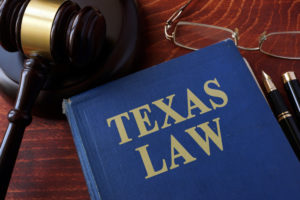A properly executed will allows a person to have their assets distributed according to their wishes after they die. The person who prepares a will is referred to as the testator.
The Texas Estates Code sets out the requirements that must be met by the testator for the document to be valid. There are also exceptions to the basic requirements.
Requirements for a Will to be valid
Legal capacity. The testator must meet the requirements for having the legal capacity to execute a will. The testator must:
- Be at least 18 years of age.
- If not 18, the testator must have been lawfully married; or
- Be a member of any branch of the U.S. Armed Forces.
Will requirements. For a will to be valid, it must be:
- In writing.
- Signed by the testator or another person on the testator’s behalf.
- Signed by two witnesses in the testator’s presence. Each witness must be at least 14 years old.
- The witnesses must sign in their own handwriting.
There are exceptions to these requirements.
Exceptions for a Holographic Will
There are exceptions to the will requirements for a holographic will. A holographic will is one that is written entirely in the testator’s own hand and is signed. The holographic will is not required to have witness signatures. It does not need to be notarized.
A Self-Proving Attested Will
An attested will is one that is not entirely in the handwriting of the testator. It may be typed, such as ones generally prepared by attorneys. These wills are self-proving if the testator and witnesses swear, under oath, either at the time the will was signed or at a later time, that the requirements for executing a will were met. Signing the will and having it notarized meets this requirement.
Consequences of an Invalid Will
If the probate court rules the will is invalid, it will be as though the deceased died intestate, which means died without a will. Then, the assets are distributed according to a statutory formula instead of according to the testator’s wishes.
For assistance in drafting your will so that you know it will be valid and not subject to a challenge, contact Daniel Abasolo at Springer & Lyle.

